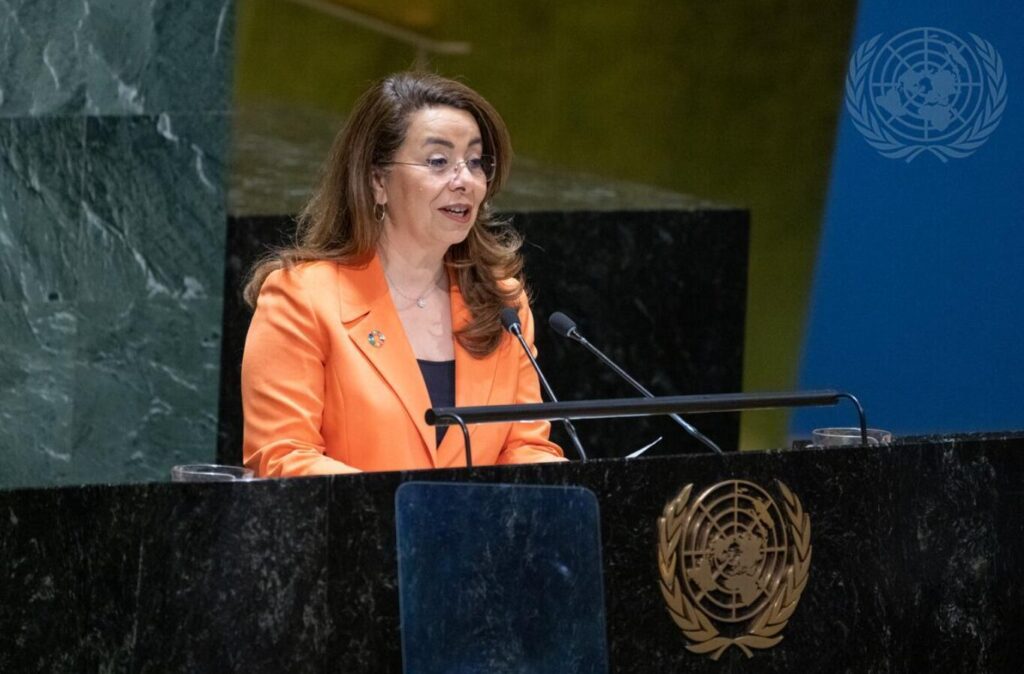|
Getting your Trinity Audio player ready...
|
In a startling revelation, the United Nations Office for Drugs and Crime (UNODC) has raised alarms over the extensive use of the popular messaging app Telegram by criminal organizations in Southeast Asia.
According to a UN report released on Monday, Telegram has transformed the way criminal networks operate, enabling large-scale illicit activities ranging from cybercrime to money laundering. The findings come amidst growing scrutiny of the app, which has been accused of fostering a safe haven for criminals.
Telegram’s Role in Facilitating Organized Crime
Telegram, an encrypted messaging app with nearly a billion users worldwide, has become a critical tool for Southeast Asian crime syndicates, the UNODC report revealed. Criminals use the app’s expansive channels—largely unmoderated—to trade stolen personal data, including credit card details, passwords, and browser histories. More troublingly, the app is also being used to market cybercrime tools such as data-stealing malware and deepfake software designed for fraud.
The app’s user anonymity, encryption, and ease of access have made it a preferred platform for underground data markets, with sellers openly advertising illicit services. “We move 3 million USDT stolen from overseas per day,” read one particularly brazen ad quoted in the report. It is clear that vendors on Telegram are actively targeting transnational organized crime groups, especially in Southeast Asia.
A Multibillion-Dollar Criminal Industry
Southeast Asia has emerged as a global hub for fraudulent schemes, many of which are orchestrated by Chinese syndicates operating out of heavily fortified compounds staffed by trafficked workers. The UNODC estimates that these illegal operations generate between $27.4 billion and $36.5 billion annually, making it one of the region’s largest underground industries.
The industry’s reach extends far beyond local borders, targeting victims across the globe with fraudulent investment schemes, online scams, and even human trafficking. The integration of cutting-edge technologies such as deepfakes, generative artificial intelligence, and cryptocurrency has made these criminal organizations more efficient and difficult to detect.
